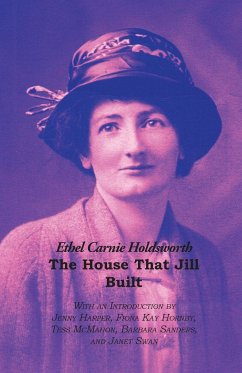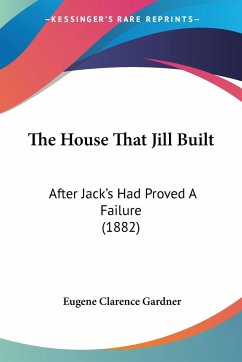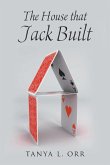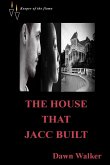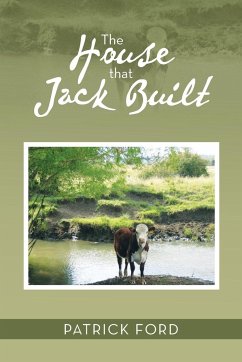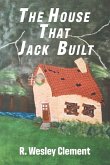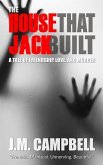Former "mill girl", Ethel Carnie Holdsworth, wrote this book with a clear mission: believing that in reading stories about working people doing what they could to change things, hearts and minds could be turned towards a better society. In 1910 Ethel Carnie (as she was then) said that the most difficult task "is to teach people to want something better, to sting them into rebellion against poverty, to fire their hearts with a cause". As a passionate reader and regular library user, she knew of the demand for, and influence of, popular fiction and saw this as the way to achieve her dream of a fairer and more equitable world.

